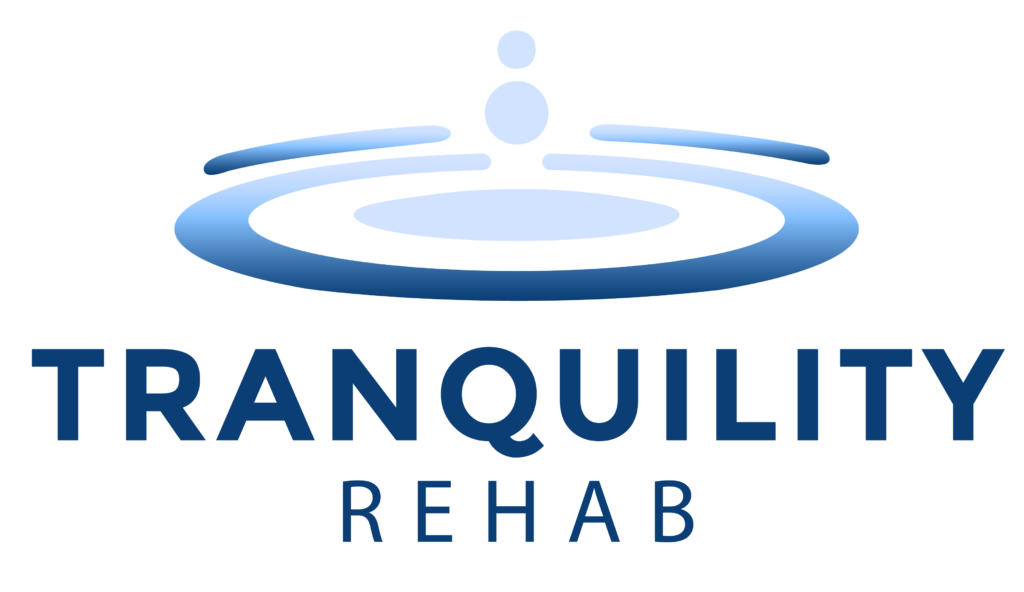Trauma and substance abuse often intertwine, creating a painful cycle that many individuals find difficult to break. At Tranquility Rehab, we understand the complexities of this relationship and are committed to offering compassionate, trauma-informed care. In this blog, we’ll explore the connection between trauma and substance abuse, the impact it has on individuals, and how the right support can pave the way for lasting recovery.
Understanding Trauma
Trauma refers to an emotional response to distressing events such as abuse, violence, natural disasters, or personal loss. Trauma can leave deep emotional and psychological scars, often disrupting an individual’s ability to function in their everyday life. These wounds, whether from childhood or adult experiences, can leave lasting imprints on the mind and body.
Some of the most common types of trauma include:
- Physical or Emotional Abuse: Repeated exposure to abuse can cause long-term emotional harm.
- Neglect: Experiencing neglect, particularly in childhood, can create a void that leads to feelings of abandonment or worthlessness.
- Witnessing Violence: Whether in the home or community, witnessing violent events can trigger severe emotional stress.
For many individuals, these experiences manifest as anxiety, depression, or feelings of disconnection from the world around them. Unfortunately, these intense emotions can also lead to unhealthy coping mechanisms.
The Role of Substance Abuse as a Coping Mechanism
When trauma remains unresolved, individuals often turn to substances such as alcohol or drugs as a way to self-medicate. This is because substances can temporarily numb emotional pain, providing relief from feelings of fear, anxiety, or shame. However, this relief is short-lived, and over time, substance use can evolve into addiction, leading to even more difficulties.
Why does trauma so often lead to substance abuse?
- Escape: Drugs or alcohol can offer a temporary escape from the emotional distress caused by trauma.
- Self-soothing: Substance use may seem like a way to soothe the overwhelming emotions tied to traumatic memories.
- Disconnection: Many trauma survivors feel disconnected from themselves and others. Substances can serve as a means to feel something—anything—when emotions feel dulled or distant.
Unfortunately, using substances to manage trauma often leads to a vicious cycle where the trauma is never addressed, and the addiction worsens over time.
How Trauma and Addiction Feed Each Other
When trauma survivors turn to substances, they may feel temporary relief, but over time, addiction brings its own set of challenges. Substance abuse often leads to:
- Increased Isolation: Addiction can distance individuals from their loved ones, leading to loneliness and worsening their trauma symptoms.
- Risk of Further Trauma: Engaging in substance abuse can expose individuals to more dangerous environments or relationships, where they may experience further trauma, including physical or emotional harm.
- Decreased Coping Skills: Relying on substances prevents individuals from learning healthier coping strategies, leaving them ill-equipped to deal with their trauma effectively.
This vicious cycle can create an overwhelming sense of hopelessness, leaving trauma survivors feeling trapped in their addiction. However, breaking this cycle is possible with the right support and treatment.
Trauma-Informed Care at Tranquility Rehab
At Tranquility Rehab, we believe that healing from addiction requires addressing the root cause of the problem: the trauma. Our trauma-informed care approach recognizes the deep connection between trauma and substance abuse and provides a safe space for individuals to heal.
Key components of trauma-informed care at Tranquility Rehab include:
- Safety First: We create an environment where individuals feel physically and emotionally safe, essential for the healing process.
- Empowerment: We help individuals reclaim control of their lives by empowering them to understand and manage their trauma in healthy ways.
- Supportive Environment: Our compassionate team offers non-judgmental, empathetic support, understanding that everyone’s journey to healing is unique.
- Holistic Treatment Plans: We offer a comprehensive treatment plan that includes counseling, therapy, mindfulness practices, and peer support groups, all aimed at addressing both trauma and addiction.
Healing from Trauma and Addiction is Possible
Recovering from both trauma and substance abuse is challenging, but it is not impossible. With the right support system and a trauma-informed approach, individuals can begin to process their past experiences, develop healthier coping strategies, and regain control of their lives.
At Tranquility Rehab, we offer personalized care that addresses both the trauma and the addiction. By working through trauma in a safe and supportive environment, individuals can heal, grow, and break free from the cycle of addiction.
If you or a loved one is struggling with trauma and substance abuse, reach out to us at Tranquility Rehab. Let us guide you on the path to healing and recovery.
Breaking the Cycle
Understanding the link between trauma and substance abuse is the first step toward breaking the cycle. At Tranquility Rehab, our goal is to help individuals confront their trauma in a supportive, healing environment. Recovery is not only possible, but it can also lead to a life filled with hope, purpose, and peace.
Visit Tranquility Rehab to learn more about our programs and how we can help you or your loved one begin the journey to lasting recovery.


